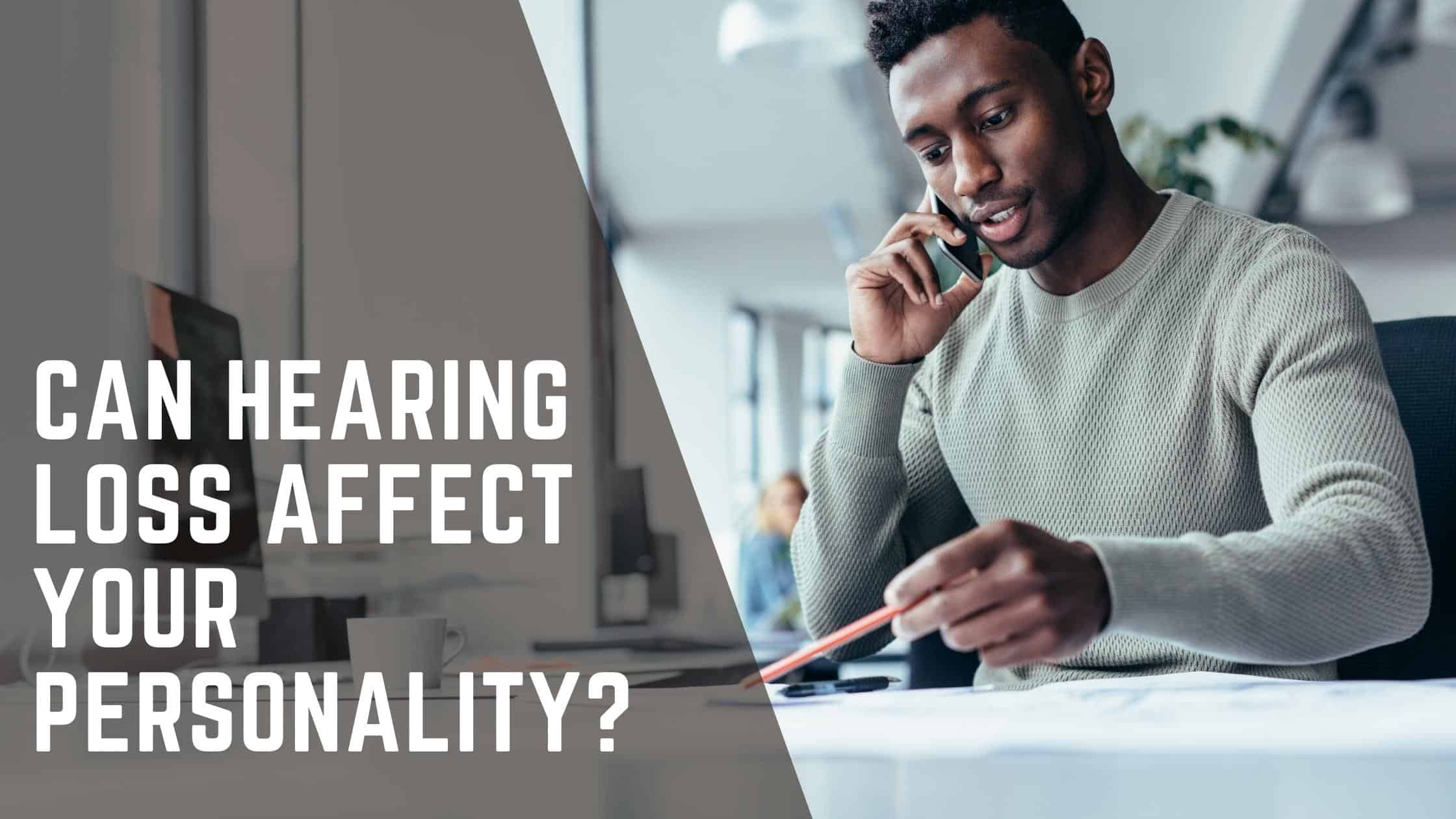
Hearing loss has a wide range of consequences. It’s hard to function normally when you constantly have trouble hearing, making it challenging to participate in discussions. Effective communication is crucial for navigating life’s challenges and maintaining relationships. Relationships, career, and hearing health are all impacted by hearing loss, but new research also suggests that hearing loss could also affect your disposition.
According to the findings, a significant number of participants in the research got less outgoing and extroverted over time. Hearing loss was found to be the most common ailment among the adults studied. Adults becoming less social was shown to be more closely associated with hearing loss than with physical or cognitive health changes.
“Hearing loss directly affects the quality of social encounters,” says University of Gothenburg researcher Anne Ingeborg Berg in describing these findings. If the perceived value of social connection decreases, it may have an impact on our willingness and ability to interact with others.” According to the research, hearing loss might cause personality changes due to the disruption it causes in social situations.
Hearing loss’s effect on your social interactions
Communication can be hampered by hearing loss in a variety of ways. Tinnitus, slurred or garbled speech, and a diminished ability to discern individual words are common symptoms that make it challenging to communicate with others.
Individuals with hearing loss often put themselves in situations where they are forced to hear, such as asking others to repeat themselves, speaking louder and slower, or moving to a more private location. As a result, you’ll be exhausted, forget important conversational details, and even make blunders. Those who are not affected by hearing loss may believe they are being ignored, although this is not the case. This can be upsetting for all parties involved, and as a result, people tend to avoid initiating talks when this occurs.
In other words, you’ll be spending less time with family and friends and taking part in fewer social activities (or not engaging at all). It’s easy to miss social disengagement as a consequence of hearing loss. Loneliness, sadness, anxiety, and stress can all be exacerbated by living in such isolation.
According to Sweden’s University of Gothenburg study, social isolation might alter one’s personality. According to the research, going home and being alone tended to make people more introverted rather than more outgoing. Social withdrawal can hurt mental health as well as physical and cognitive well-being. Other health disorders may emerge, which puts your general health and well-being at risk and could even open you up to mental disorders like depression.
What is the connection between depression and hearing loss?
People over 65 who do not wear hearing aids are more likely to suffer from hearing loss and depression.
According to the study, according to the American Academy of Audiology, people in this demographic who did not receive hearing aids experienced higher levels of depression and felt that others were annoyed at them for no apparent reason. The risk of social withdrawal and isolation was substantially higher for these individuals.
People can communicate better with others thanks to hearing aids, which naturally contribute to overcoming loneliness. Users are more likely to make new acquaintances, participate in group activities, and feel more self-sufficient as a result.
How to treat your hearing loss
A person’s overall health and well-being are supported by treating hearing loss, not merely alleviating symptoms. Hearing health can be prioritized to lessen (and even eliminate) the chance of personality changes.
The first step is to make an appointment with us for a noninvasive and painless hearing exam. It entails taking a hearing test with a hearing aid in both ears to determine if you have any hearing loss and, if so, how severe it is.
We’ll be able to give recommendations tailored to your unique hearing needs once your hearing needs have been determined. Hearing aids, which are small electronic devices designed to give enough hearing support, are the most common treatment for hearing loss. Hearing aids have a profound impact on the quality of one’s daily life. Contact us today to make an appointment with us – we’re here to help!
